Prof. Dr. Bernhard Mueller (Leibniz Institute of Ecological Urban and Regional Development, Germany)
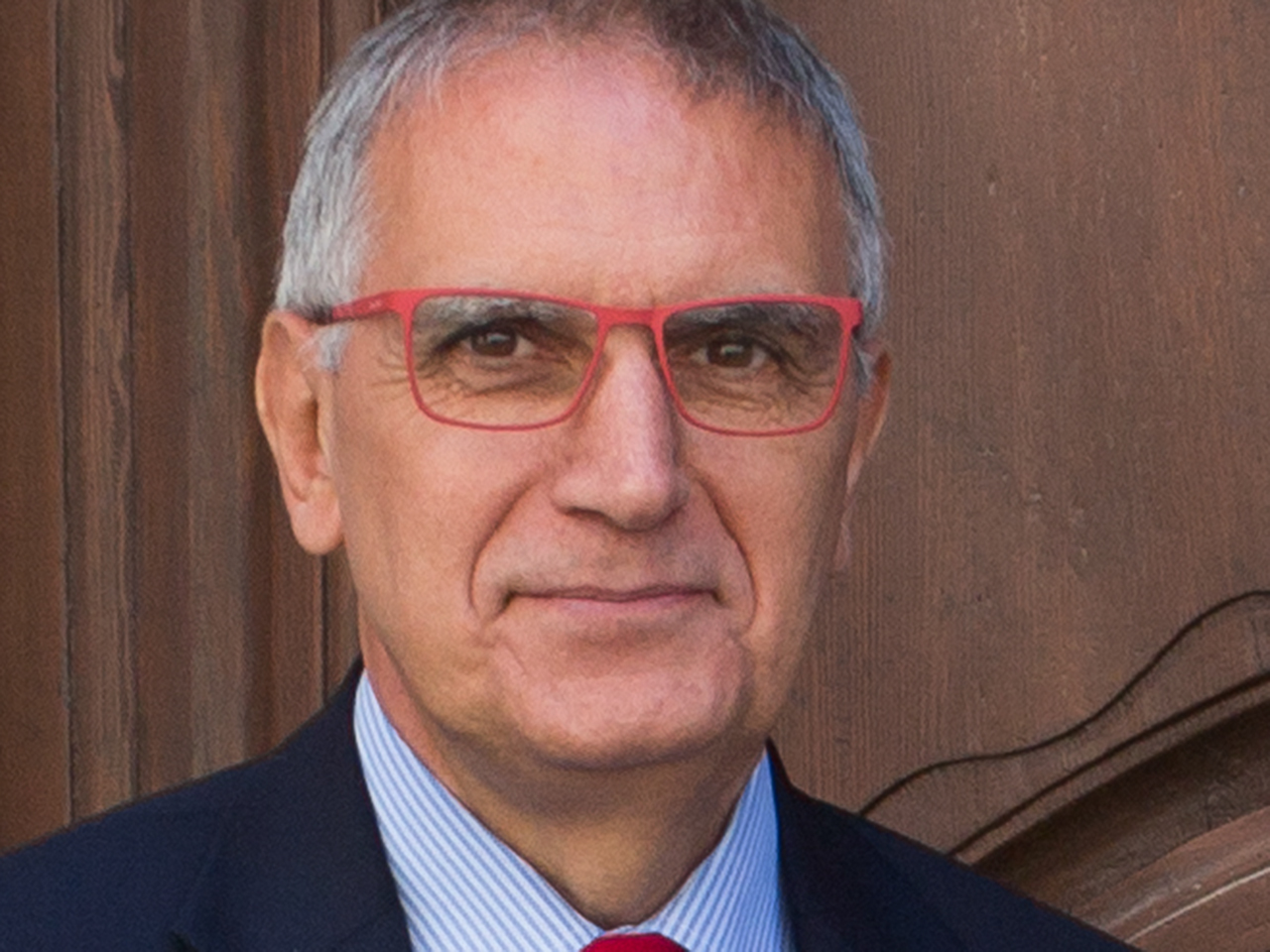
Prof. Dr. Bernhard Mueller is the Director of the Dresden-based Leibniz Institute of Ecological Urban and Regional Development (IOER) and Professor for Spatial Development at the Technische Universität Dresden. He is also the initiator and head of the Managing Board of the internationally oriented Dresden Leibniz Graduate School (DLGS) which deals with issues of sustainable urban and regional development. Bernhard Mueller has a doctoral degree in Geography from the University of Mainz, and completed his habilitation in urban and regional planning and development at the University of Hanover. He received an honorary doctoral degree from the Slovak University of Technology. His professional interests are in sustainable development as well as urban and regional resilience.
Prof. Dr. Bernhard Mueller was a Vice President of the Leibniz Association, one of the major non-university research organisations in Germany. He is a member of the German Academy of Science and Engineering (acatech), the Saxonian Academy of Sciences, and the German Academy for Spatial Research and Planning (ARL). He is also an international member of the Serbian Academy of Engineering Sciences. He has been working as an evaluator for several European research programs. He was a member of the Advisory Council for Regional Policy and Planning of the Federal Republic of Germany, and of the Environmental Research Council of the State of Saxony. Recently, he was a member of a Policy Unit on “Urban Spatial Strategies: Land Market and Segregation“ for Habitat III. He also co-organized the first Habitat III Follow-up conference in Bogotá in October 2016.
Contact: b.mueller@ioer.de
Prof. Dr. Sigrun Kabisch (Heimholz Center for Environmental Research, Germany)
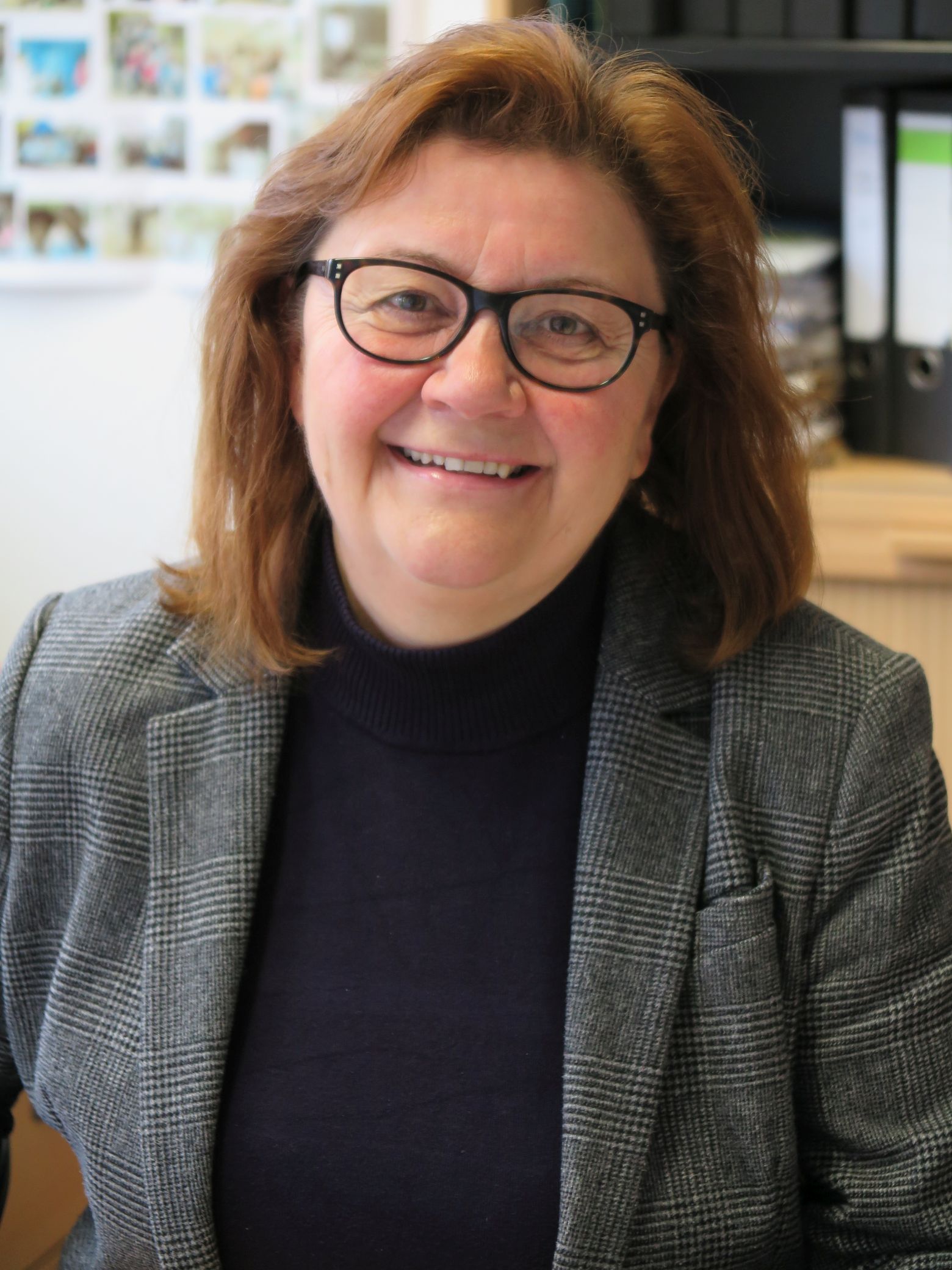
Prof. Dr. Sigrun Kabisch is head of the Department of Urban and Environmental Sociology at the Helmholtz Centre for Environmental Research – UFZ in Leipzig, Germany. Additionally she is professor for Urban Geography at the University of Leipzig. She act as vice chair of the advisory board of the Joint Programming Initiative (JPI) Urban Europe and as member of the board of the International Association for People-Environment Studies (IAPS). Her main research fields are: interdependencies between the social, built, and natural environment in urban landscapes, urban restructuring with respect to demographic change and socio-spatial differentiation as well as urban risks concerning flooding and health impacts.
Prof. Dr. Sigrun Kabisch is currently conducting a large research project on urban transformations focusing on the interplay of resource efficiency, quality of life and resilience. This includes urban challenges concerning adaptation to climate change, equal provision of ecosystem services and consequences of land use change. Additional topics are urban health, affordable housing, environmental justice and water infrastructure provision. The research is strongly interdisciplinary oriented. Experts from social sciences, urban planning, biology, geography, geomatics, meteorology, modelling and engineers are working closely together. The synthesis of the project results will be published in the forthcoming volume Urban transformations: sustainable development through resource efficiency, quality of life and resilience (Kabisch et al., Springer, 2017). Sigrun Kabisch has expertise in international comparative studies. She is the principal editor of the volume Vulnerability, Risks and Complexity. Impacts of Global Change on Human Habitats (Hogrefe, 2012). She was engaged in the Risk Habitat Megacity project conducted in Santiago de Chile and the correspondent volume (Springer, 2012). Furthermore she is member of the editorial board of the book Urban Vulnerability and Climate Change in Africa (Springer, 2015).
Prof. Dr. Phil. Dr.h.c. Ludwig Streit (Univ of Bielefeld, Germany)
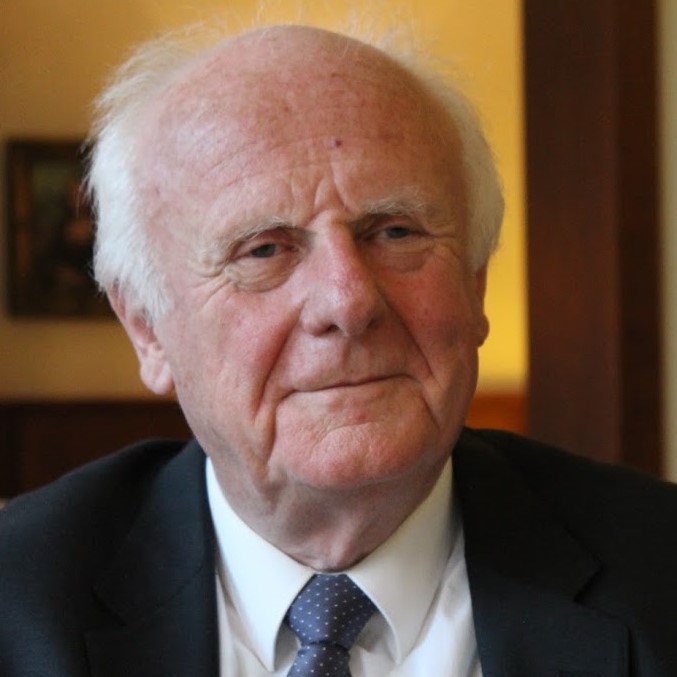
Prof. Dr. Phil. Dr.h.c. Ludwig Streit is retired professor at the universities of Bielefeld (Germany) and Madeira (Portugal).
He studied mathematics in Goettingen, and theoretical physics in Hamburg and Graz where he obtained his PhD in physics. After two years at the ETH Zurich he held positions at Syracuse University and Bell Laboratories in the US, and later at the Universidade do Minho, Portugal. Presently he teaches and advises MSc and PhD students at MSU-IIT in the Philippines.
His published research is in quantum field theory, few body physics and in stochastic and infinite dimensional analysis, and most recently in polymer physics. He was instrumental in the creation of White Noise Analysis as a new mathematical branch, of infinite dimensional and stochastic analysis.
He has served on editorial boards of various journals in mathematics and physics, and in international organizations such as the International Union of Pure and Applied Physics, and the International Association of Mathematical Physics. In Austria he was Speaker of the Scientific Advisory Board for the now Innovation Systems unit of the Austrian Institute of Technology. He has been engaged in the creation and direction of research institutes in Germany, Portugal, Japan, and the Philippines.
His scientific and science management contributions were recognized by the University of Graz, Austria. (“Honorarprofessor)”, the Portuguese Minister of Science (“Louvor”), the MSU-IIT University in the Philippines (“Honorary Professor”), the Universidade da Madeira (“Dr.h.c.”), and the Portuguese Academy of Science (“Foreign Corresponding Member”).
Professor Sherry A. Tanumihardjo, PhD (University of Wisconsin (UW)-Madison in the Department of Nutritional Sciences)

Professor Sherry A. Tanumihardjo, PhD manages a progressive research and outreach team at the University of Wisconsin (UW)-Madison in the Department of Nutritional Sciences. She serves as the director of the Undergraduate Certificate in Global Health and is on the Advisory Board for the Global Health Institute at UW-Madison.
She teaches both at the undergraduate and graduate level including international field experiences. In her research, she has three decades of experience with vitamin A and carotenoids. Her multidisciplinary research approach is enhanced by her broad educational background in chemistry (BS), biochemistry (MS), and nutrition (PhD). She has two main research foci including vitamin A assessment methodology and carotenoid bioavailability. Often the two overlap when investigating provitamin A carotenoids.
She has chaired and co-chaired the Vitamin A and Carotenoid sessions at Experimental Biology over the years. She has served as chair of the Carotenoid Research Interaction Group (CARIG) Research Interest Section of the American Society of Nutrition (ASN) and has been on CARIG's steering committee since 2002. Her memberships to the former societies predating ASN (2005) date back to 1991 for the American Society of Nutritional Sciences and the American Society of Clinical Nutrition and to 1994 for the Society for International Nutrition Research.
Prof. Ir. Gunawan Tjahjono, M.Arch., Ph.D. (Professor of Architecture at Universitas Indonesia)
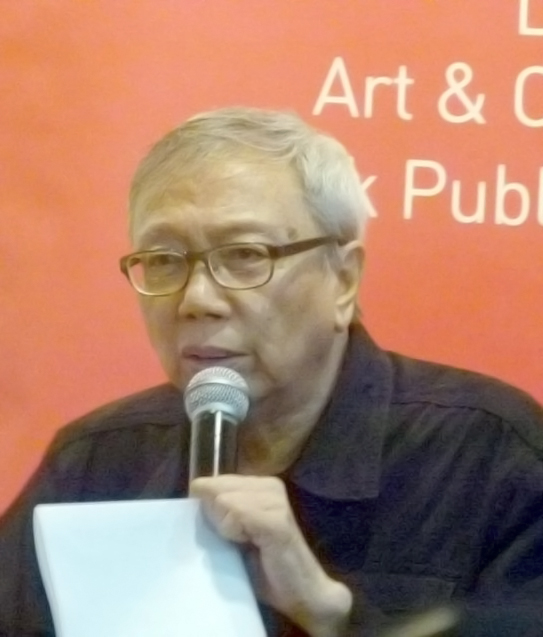
Prof. Ir. Gunawan Tjahjono, M.Arch., Ph.D. is a reappointed retired Professor of Architecture at Universitas Indonesia. He holds a Ph.D. in Architecture Degree from University of California at Berkeley, a Master of Architecture degree from University of California at Los Angeles, and an Engineer of Architecture degree from Universitas Indonesia. He is, since 2004 up to now, the Chair Person of the Urban Architecture Reviewing Board—an independent advisory board which consists of a group of building and urban design experts to assist the Governor of Jakarta regarding environmental, visual, and functional aspects of various influential projects submitted for weekly review. He was selected by the General Elections Commissions of Jakarta (Komisi Pemilihan Umum Daerah Jakarta) as one of the panelists to formulate questions on critical urban issues for the second round debate of the Jakarta gubernatorial candidates prior to the first phase election. He is appointed as the Ambassador for Indonesia by the Lafarge-Holcim Foundation’s Sustainable Construction Awards Committee to augment the number and quality of entries from Indonesia. He is a founding member of the International Society for Vernacular Settlements Studies, and the Society of Indonesian Architectural History. He has also served as a Advisory Board member of the Scientific Journal Traditional Dwellings and Settlements Review, a publication of the International Association for the Studies of Traditional Environment under the Center for Environmental Design of the College of Environmental Design, University of California at Berkeley.
Dr. Sonia Diaz-Monsalve, M.Sc., Ph.D (Center for Medicine and Society, University of Freiburg)
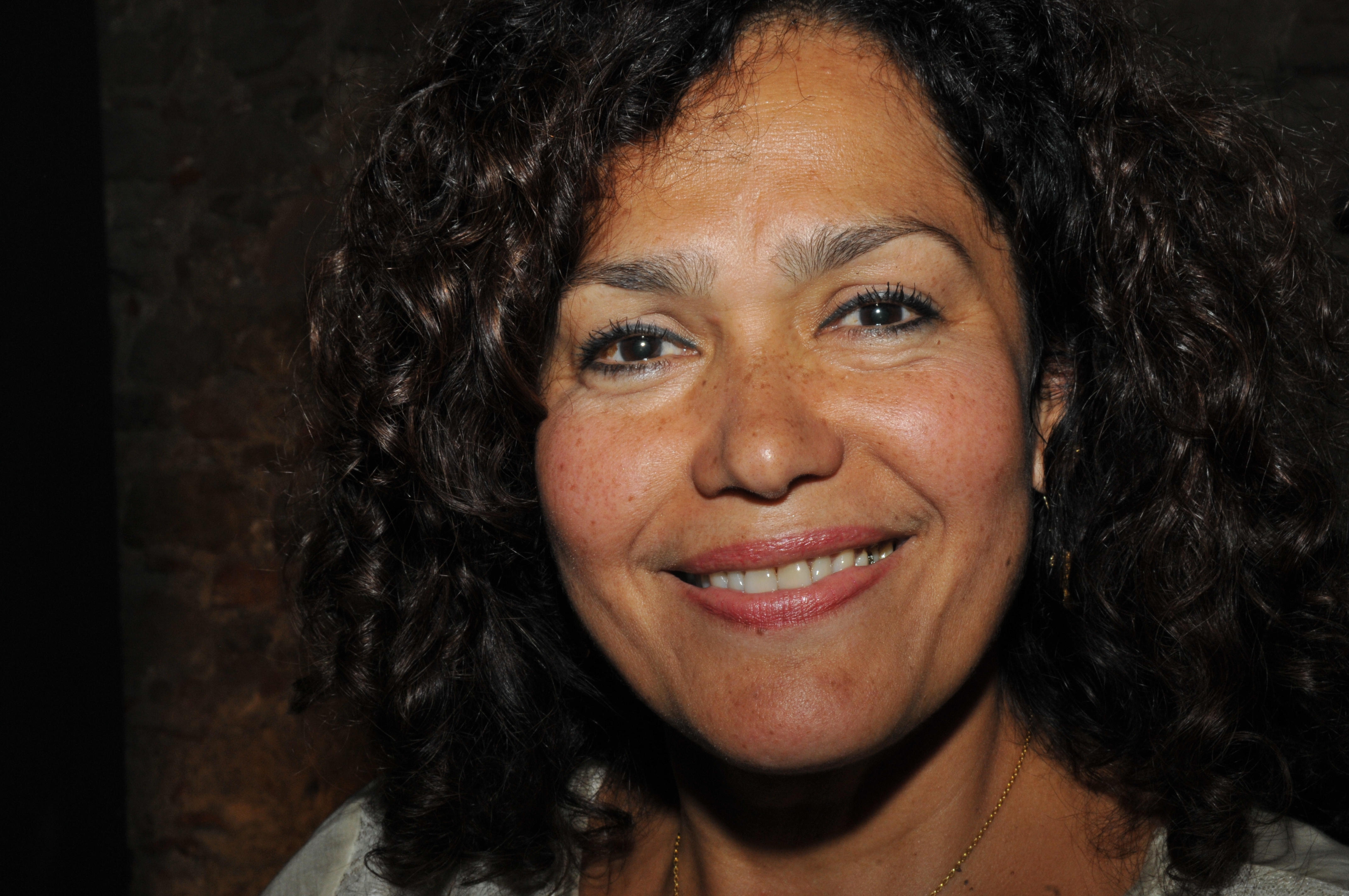
Dr. Sonia Diaz Monsalve, M.Sc., Ph.D, born in Colombia, PhD in Public Health, University of Liverpool (topic on health managers performance in 12 Latin American countries and the impact evaluation of training programmes). She has also a Master in Health Management from the University Javeriana in Colombia. She has more than 25 years of experience working nationally and internationally in health systems development in the areas of strategic and operational planning, project and programme management, developing training methodologies and training materials, organization and implementation of management training programmes and design of curricula for master programmes in international health. She has worked as training coordinator and health adviser on quality assurance, health systems strengthening, capacity development, project management, operational and implementation research in Latin American and Asian countries. She is familiar with strategic alliances, institutional and individual capacity strengthening and has special expertise in monitoring and evaluation. She was working at WHO as technical officer in human resources for health and at WHO Special programme for Research and Training on Implementation Research. She also worked at The Global Fund in Geneva for 5 years as Monitoring and Evaluation officer. She was responsible for giving advice to Fund Portfolio Managers (FPMs) in Latin America and Eastern Europe. She was also the training coordinator in the M&E Unit and her training materials and guidelines are still use by the Global Fund. Currently she is working as Coordinator of the new created Centre for Medicine and Society at Freiburg University and as teaching coordinator for the Master on Global Urban Health.
Komara Djadja, S.E., M.Sc., Ph.D
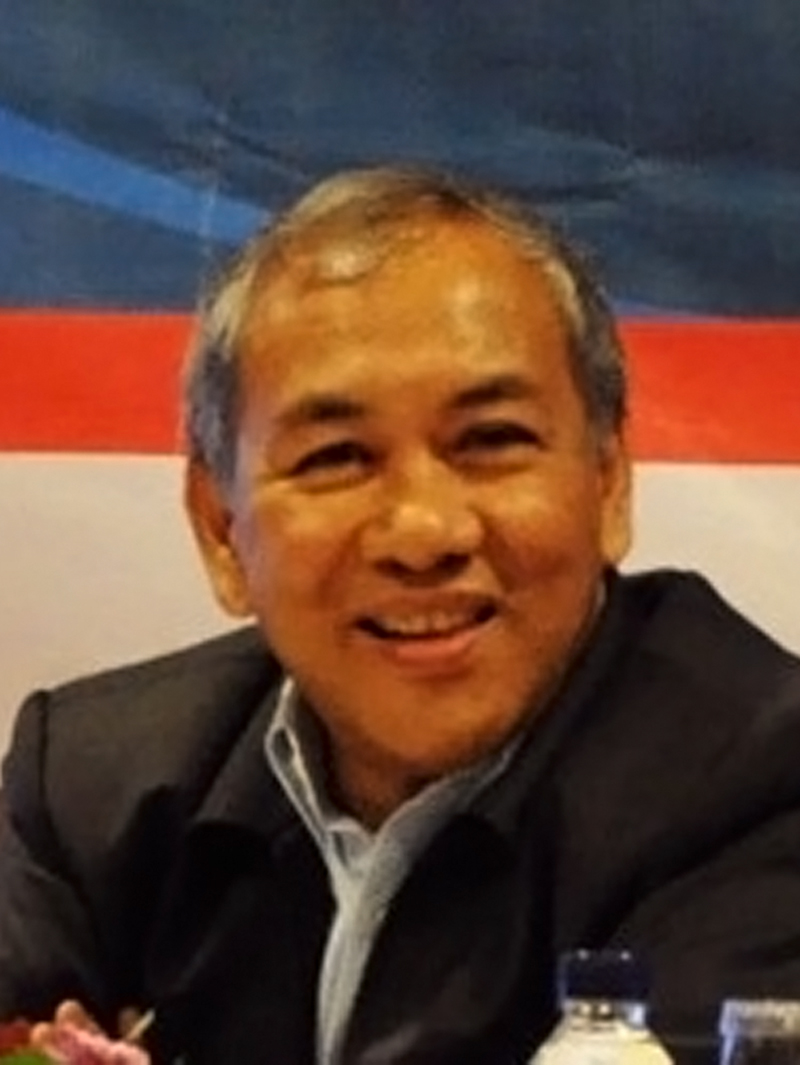
Prof. Komara Djaja, S.E., M.Sc., Ph.D, received his Master degree in Regional Finance from University of Birmingham UK, then pursue his PhD in economics from Iowa Ste Univesisity USA. His research focuses in urban and regional finance & economics. In 2004- 2009 he served as Deputy Minister for Macroeconomics and Finance, at the Coordinating Ministry for Economic Affairs. Currently he is the Head of the Graduate Program in Urban Development Studies, School of Strategic and Global Studies, Universitas Indonesia







